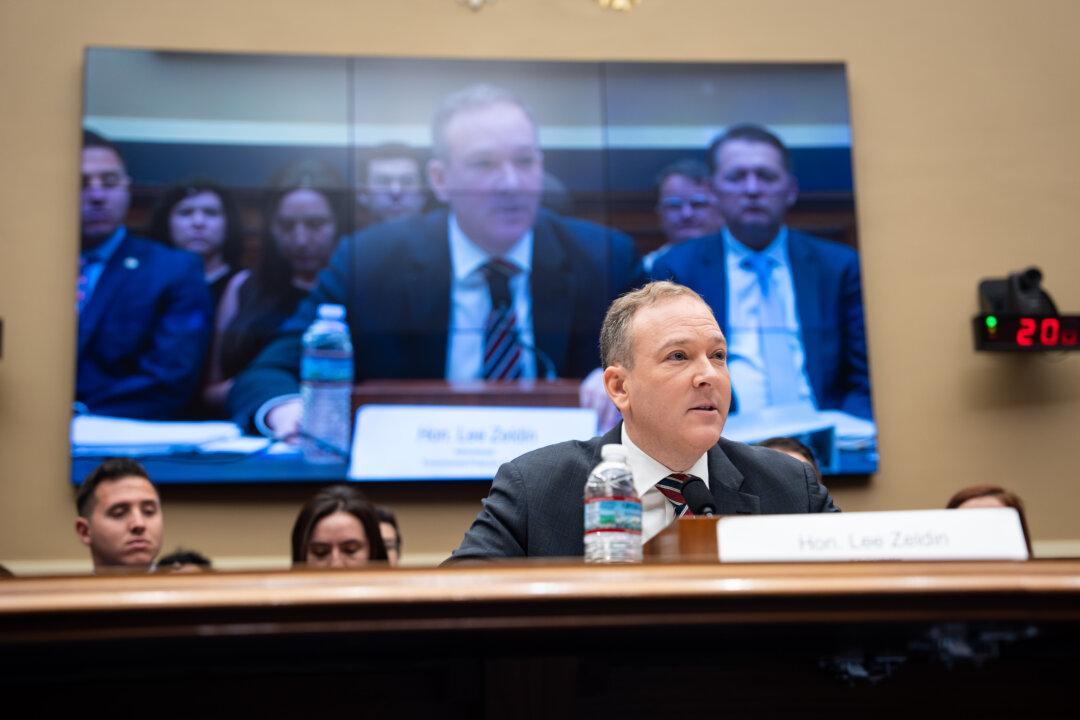The Trump administration’s proposed $4.2 billion fiscal year 2026 budget for the Environmental Protection Agency cuts its spending by 55 percent, slashes its 15,000-worker staff by at least a third, rolls back a broad slate of environmental regulations, and either rescinds or “claws back” billions in already approved grant appropriations.
Environmental Protection Agency (EPA) Administrator Lee Zeldin’s two-hour May 21 hearing before the Senate Environment and Public Works Committee featured heated exchanges, finger-pointing, and name-calling with Democrats over the administration’s plan.





